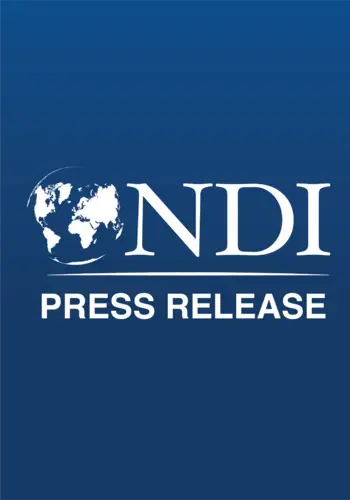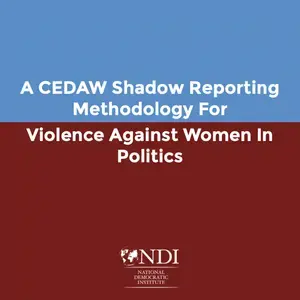Around 70 countries in the world still criminalize same-sex relationships. In 11 of these countries, there is evidence of the death penalty occuring or being ‘allowed” for same-sex relationships. A quarter of the world’s population believes that being LGBTQI+ should be a crime.
People who are LGBTQI+ face discrimination, death and denial in far too many places worldwide. While there is still much improvement to be made, we need to acknowledge the progress made globally during the last two decades -- 28 countries in the world recognize same-sex marriages and 34 countries provide partnership recognition for same-sex couples. Eighty-one countries have laws against discrimination in the workplace based on sexual orientation. Comparatively, only 15 countries made the list in 2000. Even though overall acceptance of homosexuality varies across the globe, in many countries younger generations are more tolerant and with the general acceptance of homosexuality increasing since 1980.
In the coming months, defending democracy will be at the forefront for global leadership. President Biden's upcoming Summit for Democracy and many other initiatives will serve as opportunities to initiate real change. One area that connects the basic foundations of democracy via freedom of expression, freedom of assembly and freedom of association are Pride events. In many democracies, they are festive peaceful symbols of equality, while in other countries, they are discrete human rights gatherings. In some authoritarian nations, they can be surrounded by violence from extremists who are encouraged in their attacks by politicians, religious leaders and society at large. This violence is rarely quelled by the police who fail to protect peaceful Pride participants. Even when Pride parades and other activist activities are banned in countries, they still occur, led and organized by brave LGBTQI+ activists and their allies. Pride takes many different forms around the world as local activists determine the most impactful way to make their voice heard and increase visibility for LGBTQI+ people. Whether it's a traditional march, online pride events during COVID, or innovative gatherings like the famous pink dot movement in Singapore, activists are working to adapt and inspire change.
- 102 countries around the world host some form of Pride event.
- 8 countries have held their first Pride in the last 3 years (Eswatini, Guyana, Micronesia, North Macedonia, Angola, Botswana, Saint Lucia, Bosnia and Herzegovina)
- Despite hostile environments, new Pride events emerge every year.
Pride’s intrinsic connection to democratic values is a game-changer for political parties, civil society organizations, governments and parliaments to support. Supporting Pride events affirms these organizations commitment to freedom of expression, freedom of assembly and freedom of association.
Pride activities are a litmus test for democracy.
Birgitta Ohlsson,
Director of Political Parties,
National Democratic Institute (NDI)
Aaron Azelton,
Director of Citizen Participation and Inclusion,
National Democratic Institute (NDI)




